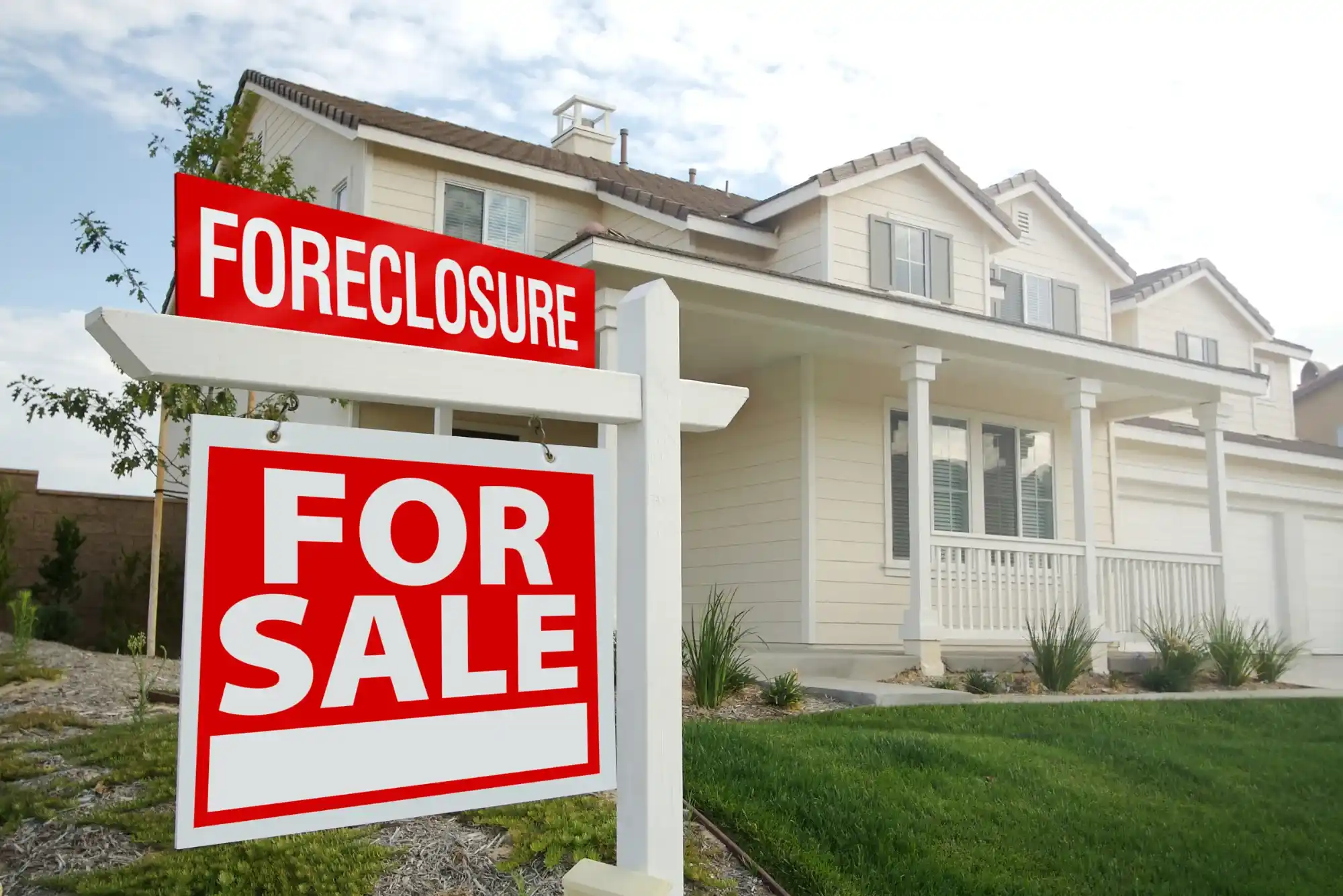Understanding Foreclosure Properties
Foreclosure properties present a unique opportunity for real estate investors and homebuyers looking to purchase properties below market value. A foreclosure occurs when a homeowner fails to meet their mortgage obligations, leading the lender to seize and sell the property to recover losses. These properties are often sold through auctions, bank listings, or government agencies, making them an attractive option for those seeking investment opportunities.
Unlike traditional home purchases, foreclosure properties require a deeper understanding of legal procedures, financial risks, and market conditions. Buyers must carefully analyze the property’s history, outstanding debts, and potential renovation costs before making an informed decision.
Benefits of Investing in Foreclosure Properties
One of the primary benefits of buying a foreclosure property is the potential for substantial savings. Since lenders aim to recover their losses quickly, these properties are often sold at discounted prices compared to similar homes in the market. This price advantage allows investors to acquire properties with significant appreciation potential.
Another advantage is the possibility of negotiating better terms. While some foreclosure sales occur through public auctions with strict payment terms, bank-owned properties often allow for negotiations on price, closing costs, and financing options. This flexibility makes it easier for buyers to secure favorable deals.
Additionally, foreclosure properties provide a gateway into emerging real estate markets. Investors who strategically purchase foreclosed homes in high-demand areas can benefit from rising property values and increased rental income.
Key Steps to Buying Foreclosure Properties
1. Research Market Conditions
Before purchasing a foreclosure property, it is crucial to assess the local real estate market. Understanding property demand, rental trends, and resale values will help determine whether the investment aligns with long-term financial goals.
Monitoring foreclosure listings, attending real estate auctions, and consulting property experts are effective ways to gain insights into market conditions. Buyers should also be aware of legal requirements and potential liabilities associated with foreclosed properties.
2. Secure Financing in Advance
Unlike traditional home purchases, foreclosures often require quick payment. Buyers should have their financing pre-approved to ensure a smooth transaction. Depending on the sale type, payments may need to be made in cash or through specialized foreclosure financing options.
Exploring mortgage options, leveraging real estate investment loans, or securing private funding can help buyers remain competitive in foreclosure auctions and bank sales.
3. Conduct Property Inspections
Foreclosed properties are typically sold “as-is,” meaning buyers are responsible for any repairs or damages. Conducting a thorough inspection before purchase is essential to avoid unexpected renovation costs.
While some foreclosures allow for physical inspections, auctioned properties may not offer this option. In such cases, researching past property records and assessing neighborhood conditions can provide valuable insights into potential risks.
4. Understand Legal Aspects and Liens
Foreclosure properties may come with legal complications, such as unpaid taxes, liens, or unresolved disputes. Buyers should perform a title search to ensure there are no outstanding claims on the property.
Working with real estate attorneys or title companies can help navigate legal complexities and ensure a clear ownership transfer.
5. Make an Informed Offer
Once a suitable foreclosure property is identified, buyers should submit a competitive offer based on market analysis and renovation estimates. If purchasing through an auction, setting a maximum bid limit will prevent overpaying in a competitive environment.
For bank-owned properties, negotiating with lenders can provide opportunities for better pricing and financing terms.
Market Trends in Foreclosure Investments
The demand for foreclosure properties fluctuates based on economic conditions and housing market stability. In times of economic downturns, foreclosure rates increase, creating more opportunities for buyers. Conversely, in a strong housing market, foreclosure listings become scarce, and competition intensifies.
Investors should monitor housing supply trends, interest rates, and government policies to make strategic foreclosure investments. Additionally, properties in developing commercial hubs, such as “MM Towers,” often attract buyers due to their prime locations and potential for appreciation.
Cost Considerations and Financial Planning
While foreclosure properties offer affordability, buyers must account for additional costs beyond the purchase price. Renovation expenses, legal fees, and property taxes can impact the overall investment value. Buyers should create a budget that includes these factors to avoid financial strain.
A useful tool for managing property-related expenses is checking regional property laws and government records. For instance, understanding the “Sharjah traffic fines check” process can help buyers assess community regulations and potential ownership liabilities.
The Role of Sustainability in Foreclosure Investments
Sustainability is becoming a key consideration in real estate investments, including foreclosed properties. Buyers looking to enhance property value should prioritize energy-efficient renovations, such as solar panels, smart home technology, and sustainable building materials.
Eco-friendly upgrades not only attract environmentally conscious buyers and tenants but also reduce long-term operational costs. With rising awareness of green building practices, foreclosure investors incorporating sustainability measures gain a competitive edge in the real estate market.
Choosing the Right Foreclosure Property
Selecting a foreclosure property requires a strategic approach. Buyers should prioritize location, structural condition, and potential rental income when making decisions. Investing in high-demand areas, such as “MM Towers,” ensures long-term value appreciation.
Additionally, checking government listings and real estate platforms for foreclosure alerts provides access to hidden investment opportunities. Conducting a “Sharjah traffic fines check” can also offer insights into neighborhood conditions and regulatory compliance.
Conclusion
Buying foreclosure properties can be a lucrative investment strategy when approached with thorough research and financial planning. Understanding market trends, securing financing, and conducting property inspections are essential steps to minimizing risks and maximizing returns.
With careful selection and sustainable upgrades, foreclosure investments can yield significant long-term benefits, whether for rental income or resale value.
For additional insights into real estate market updates and investment strategies, visit Ducky Update, a trusted resource for expert analysis and property trends.







